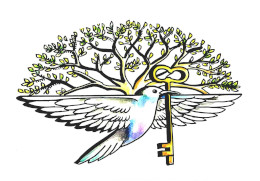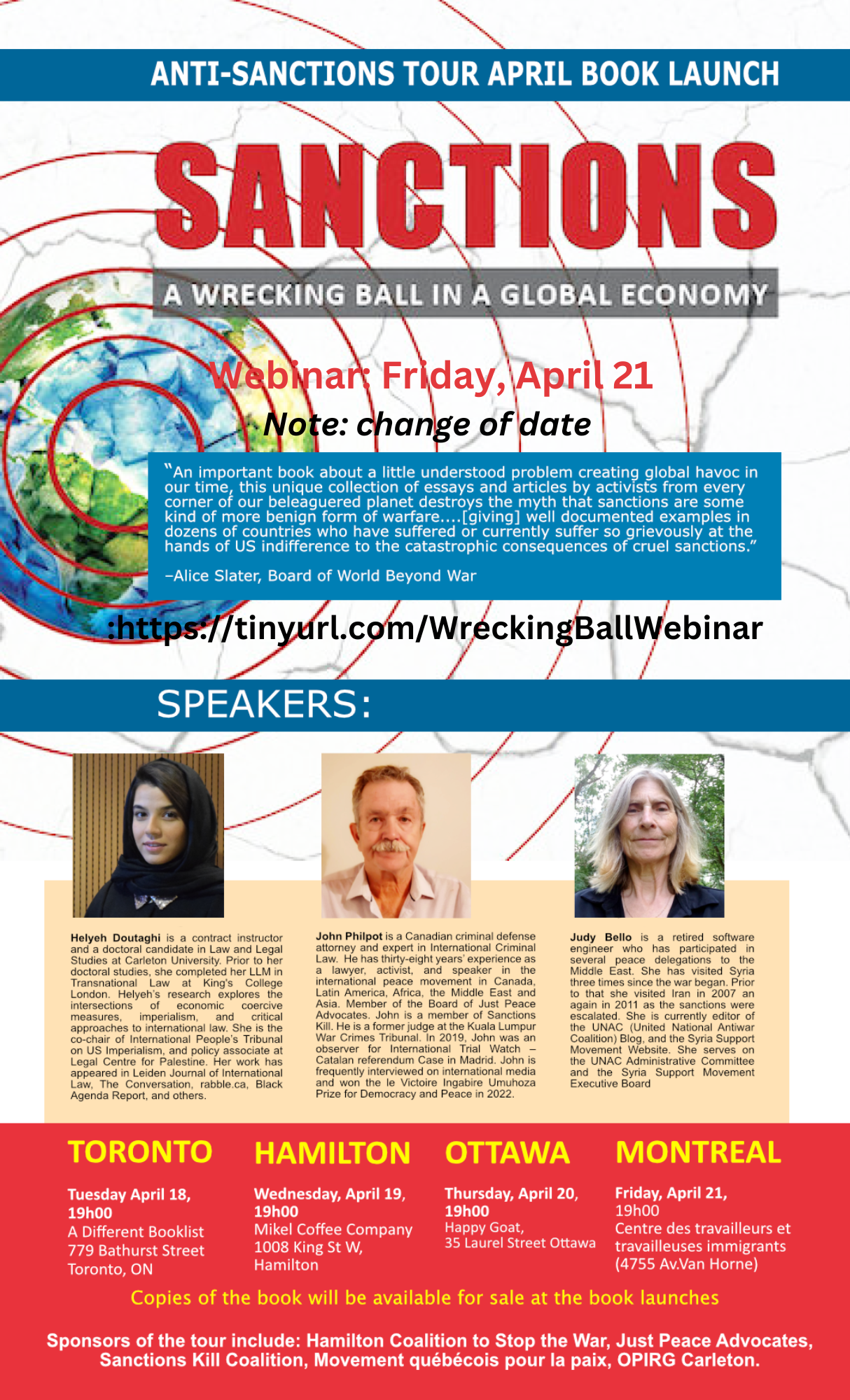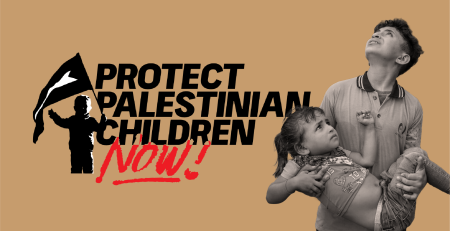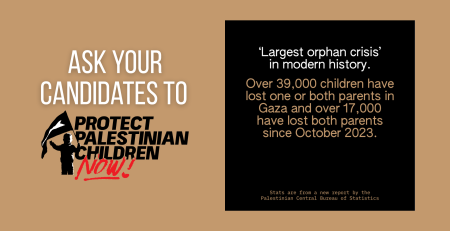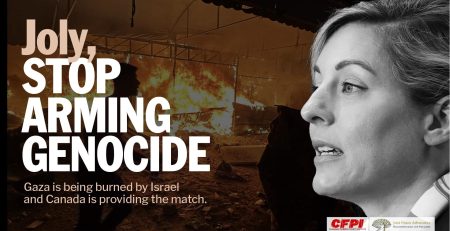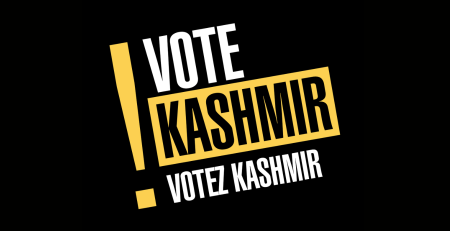Webinar Friday, April 21, 7 PM
The report, “Sanctions: A Wrecking Ball in a Global Economy”, is a comprehensive overview of sanctions on more than 40 countries, imposed by the US and in turn by many of its allies [such as Canada].
It covers both decades-long sanctions against countries such as Cuba, longstanding trade embargoes on countries like Iran and Zimbabwe and recent sanctions against Russia and other countries resulting from the war in Ukraine. What comes through strongly is the “wrecking ball” effect on national economies, with the victims usually being the poorest citizens. Often justified on spurious “human rights” grounds, sanctions are shown by the report to have a destructive effect on the real human rights of people in places such as Iran, [Syria, Yemen], and Venezuela.” (John Perry, Masaya, Nicaragua)
Learn why unilateral economic sanctions (more correctly termed, ‘coercive economic measures’) are illegal under international law and what we Canadians can do about them.
Speakers:
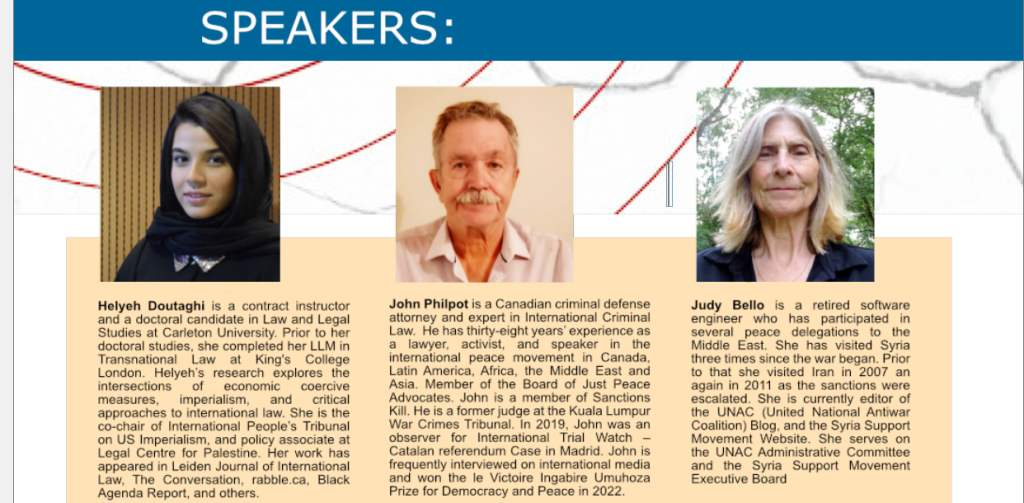
John Philpot, Canadian criminal defense attorney and expert in International Criminal Law, Montreal; executive board member, Just Peace Advocates and Sanctions Kill Coalition; former judge at the Kuala Lumpur War Crimes Tribunal.
Judy Bello, retired software engineer in Rochester, NY; currently editor of the UNAC (United National Antiwar Coalition) Blog; and the Syria Support Movement Website;
Helyeh Doutaghi, contract instructor and doctoral candidate in Law and Legal Studies at Carleton University. She’s co-chair of International People’s Tribunal on US Imperialism.
Sponsored by Just Peace Advocates, Hamilton Coalition to Stop the War, Sanctions Kill, OPRIG Carleton, Mouvement québécois pour la paix
In person events also in Hamilton, Toronto, Ottawa and Montreal.

Learn about Canada and its sanctions
The Global Affairs Canada website indicates that:
Canada has sanctions and related measures in place against a number of countries, as well as sanctions against specific individuals and entities identified as being: (i) responsible for, or complicit in, extrajudicial killings, torture or other gross violations of internationally recognized human rights; (ii) responsible for, or complicit in ordering, controlling or otherwise directing significant acts of corruption; or (iii) associated with terrorist activities, including with the Taliban, ISIL (Da’esh) and Al-Qaida.
Canadian sanctions are imposed under the United Nations Act (UNA), the Special Economic Measures Act (SEMA) or the Justice for Victims of Corrupt Foreign Officials Act (JVCFOA)
Canada has sanctions on 22 countries currently, although one of those is Ukraine as relates to Russia. 12 of these are sanctioned by the UN, and Canada sanctions through its UN Act, although in several cases (Haiti, Iran, North Korea, and South Sudan these sanctions also include SEMA)
10 additional countries beyond those that the UN sanction, are sanctioned by Canada including: Belarus, Myanmar, Nicaragua, China (specific to Xinjiang), Syria, Russia (and related Ukraine as deemed violated by Russia), Venezuela, and Zimbabwe.
According to the Canadian government website, Canada has imposed sanctions in relation to the following countries:
- Belarus (SEMA)
- Central African Republic (UNA)
- Democratic Republic of the Congo (UNA)
- Haiti (SEMA and UNA)
- Iran (UNA and SEMA)
- Iraq (UNA)
- Lebanon (UNA)
- Libya (UNA)
- Mali (UNA)
- Myanmar (SEMA)
- Nicaragua (SEMA)
- North Korea (UNA and SEMA)
- People’s Republic of China (SEMA/specific to Xinjiang)
- Russia (SEMA)
- Somalia (UNA)
- South Sudan (UNA)
- Sudan (UNA)
- Syria (SEMA)
- Ukraine (linked to Russia’s ongoing violations of Ukraine’s sovereignty and territorial integrity) (SEMA)
- Venezuela SEMA)
- Yemen (UN)
- Zimbabwe SEMA)
As well, according the Canadian government website, Canada has implemented mechanisms to prevent the concealment and transfer of funds or assets used to finance terrorism. These allow specified measures to be applied to listed terrorist entities.
To see list of countries previously sanctioned by Canada see government of Canada website.
The United Nations Act provides for “pursuance of Article 41 of the Charter of the United Nations” where “the Security Council of the United Nations decides on a measure to be employed to give effect to any of its decisions and calls on Canada to apply the measure.” Specific regulations are passed in regard to specific entities
The Special Economic Measures Act enables “the Government of Canada to take economic measures against certain persons in circumstances where an international organization of states or association of states of which Canada is a member calls on its members to do so, a grave breach of international peace and security has occurred, gross and systematic human rights violations have been committed in a foreign state or acts of significant corruption involving a national of a foreign state have been committed.” Specific regulations are enacted regarding specific entities.
United Nations Sanctions
The Security Council has used its Article 41 powers under the UN Charter to impose sanctions 30 times since it first established a mandatory sanctions regime on Southern Rhodesia in resolution 232 (1966). Currently, 15 sanctions regimes are in force, with the 751 Somalia regime dating back to resolutions 733 (1992) and 751 (1992) while the 2140 Yemen regime established in resolution 2140 (2014) is the most recent.
To see more. Also, to read more detail.
Canadian sanctions are imposed under the United Nations Act (UNA), the Special Economic Measures Act (SEMA) and the Justice for Victims of Corrupt Foreign Officials Act (JVCFOA).
Canada has sanctions on 22 countries currently. 12 of these are sanctioned by the UN. 10 additional countries beyond those that the UN sanction, are sanctioned by Canada.
The UN Charter recognizes that economic sanctions are an act of war, and thus, reserves the right to solely establish these economic measures under the United Nations Security Council. Thus, Canada has unilateral economic sanctions that are incompatible with the general principles of international law on a dozen countries.
